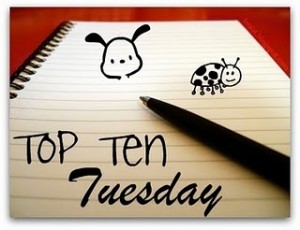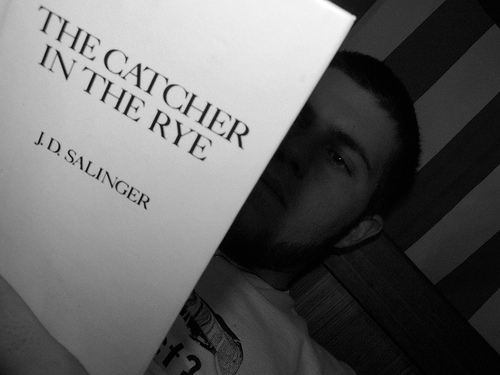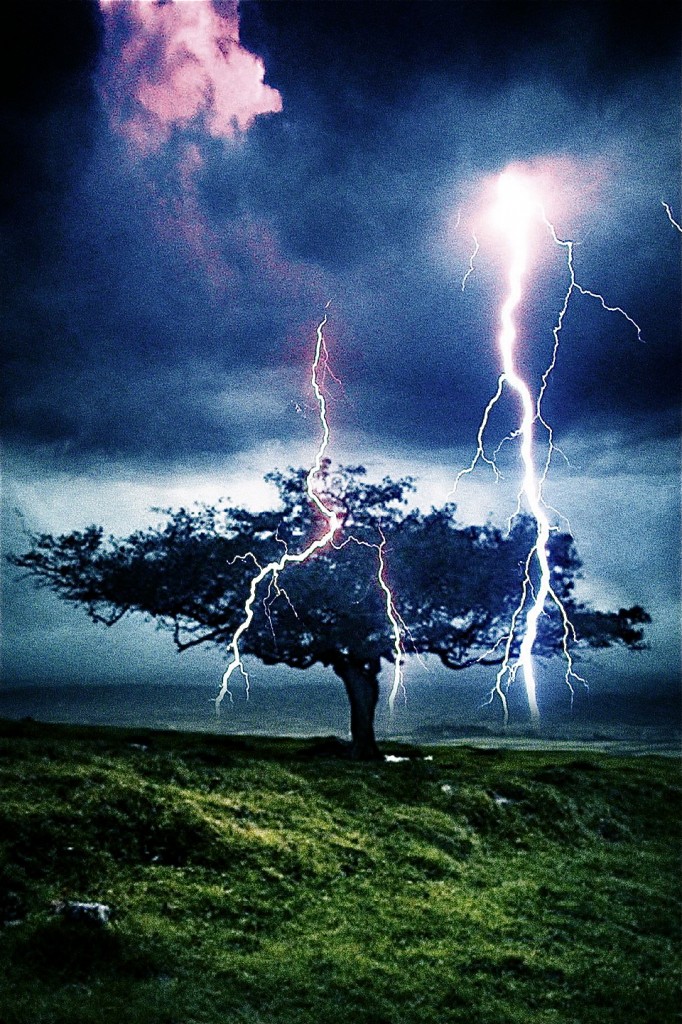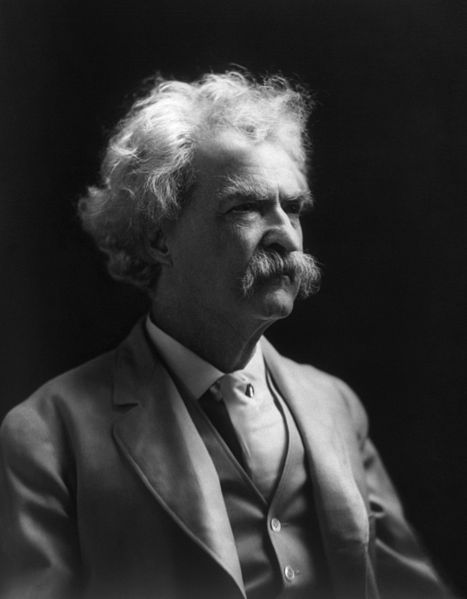What a fun topic for this week’s Top Ten Tuesday! My best bookish memories:
- Reading the Harry Potter series to my oldest daughter. When she was young, we had this horrendous commute and only one car. We had to wait for her stepdad to get off work, and we would sit in the car and read. I will probably always associate the Harry Potter series with that closeness we shared.
- Going to the library with my best friend Darcy. We would walk there and get hot chocolate out of the machine. I used to love to bike over to the library, too. It was so close to my grandmother’s house. Unfortunately, it’s since been closed.
- Winning a trip to Salem, MA in a contest connected with Brunonia Barry’s The Map of True Places. We loved it. We never could have imagined two years later, we’d be living in Massachusetts (though not in Salem).
- Meeting Matthew Pearl and winning a signed manuscript page from The Dante Club.
- Meeting Katherine Howe. She told me that my husband is crazy. Which is true.
- Meeting Jasper Fforde. What a charmer! He said one of my favorite things ever about interpreting literature and reading being a creative act. I loved it. When he signed my book, he also stamped it and tucked a postcard inside it. It was a nice touch.
- Reading Tolkien for the first time in college and finishing The Fellowship of the Ring around midnight. I was so desperate to find out what happened next that I took a chance and went downstairs to my friend Kari’s dorm room to borrow The Two Towers after midnight. She was awake, and thankfully, she was amused.
- Sharing my favorite book Wuthering Heights with students who loved it, too. One of them told me that she only had room for three books in her suitcase for college, and she packed Wuthering Heights.
- Reading The Catcher in the Rye with my first class of freshmen at the Weber School. They were the class of 2008, so they are mostly finished with college now, which blows my mind. They just really loved the book. They wanted to keep reading whenever we read together.
- Reading Chicka Chicka Boom Boom and Brown Bear, Brown Bear, What Do You See? with my son. He loved those books in preschool. They were both such delightful books, and sharing them with my son was so special.
What are your favorite bookish memories?








 Much speculation has surrounded Mark Twain’s autobiography because of the stipulation in his will that it not be published until 100 years after his death. Many have wondered exactly what he said that was so controversial. Readers won’t have to wait much longer.
Much speculation has surrounded Mark Twain’s autobiography because of the stipulation in his will that it not be published until 100 years after his death. Many have wondered exactly what he said that was so controversial. Readers won’t have to wait much longer.